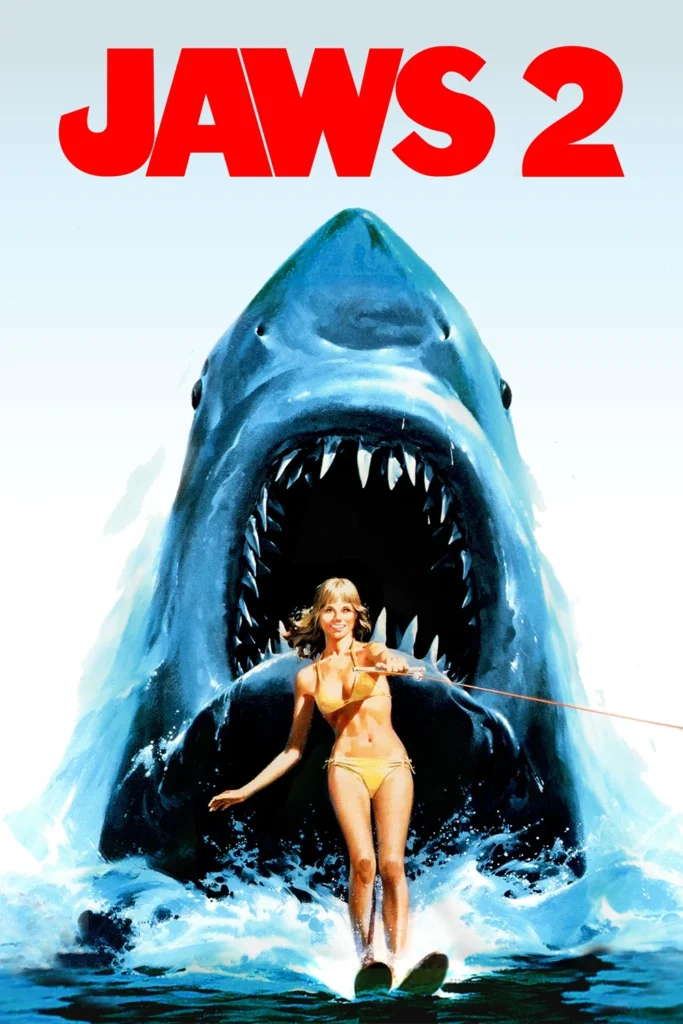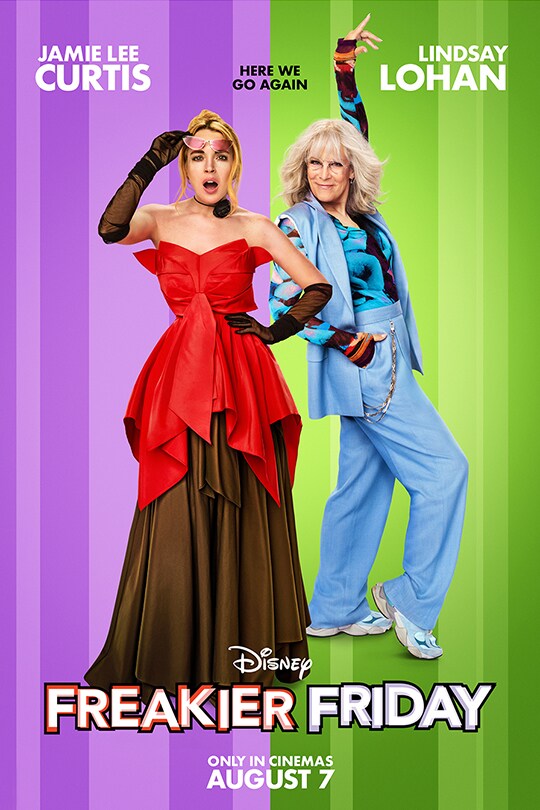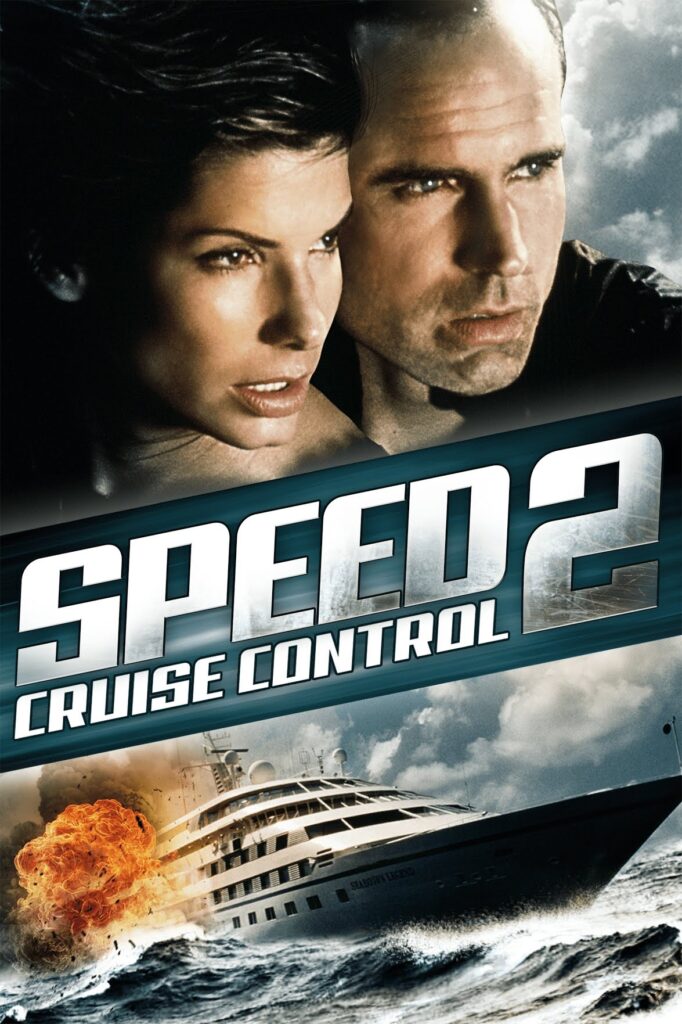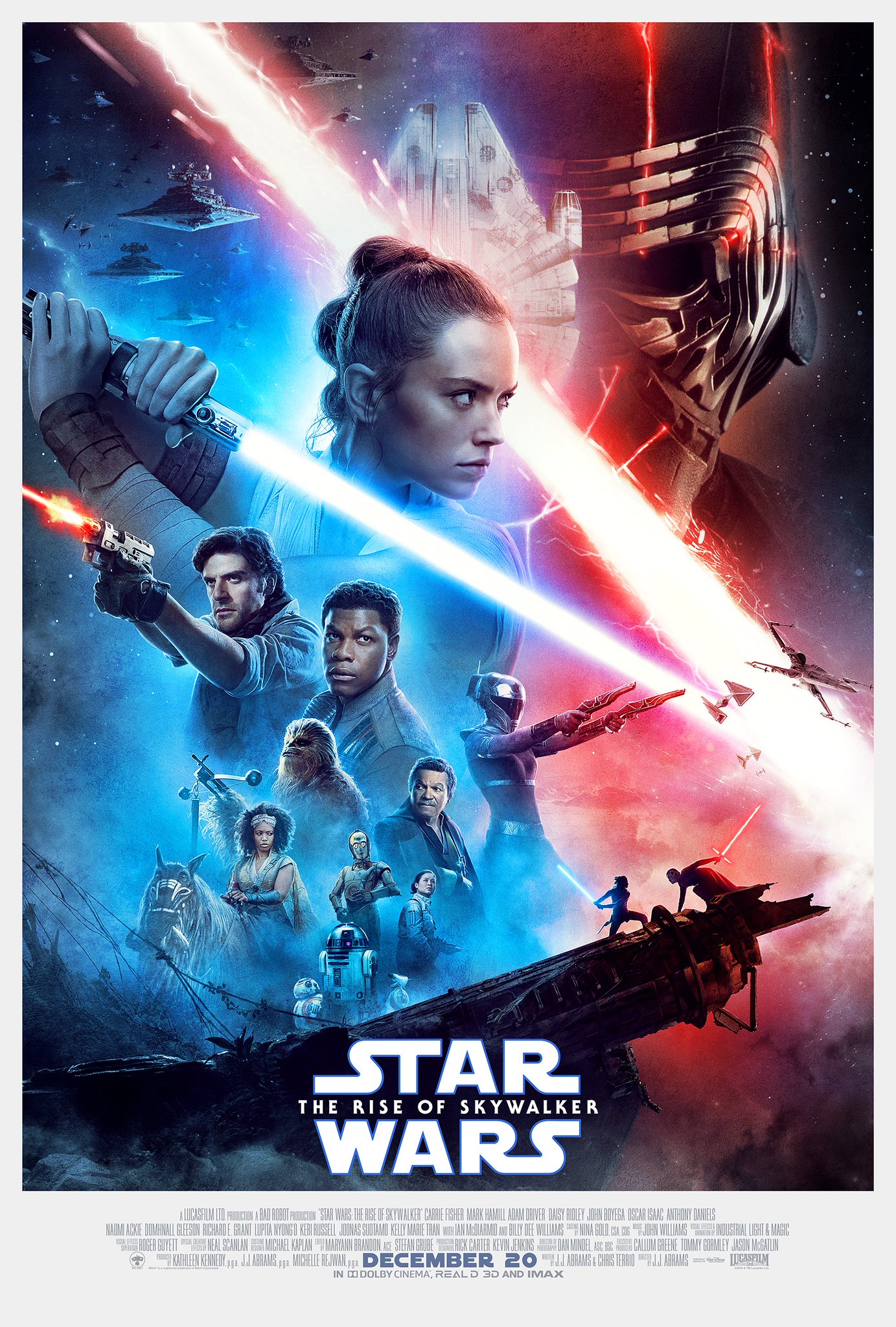Only blissful ignorance could shield you from what film nerds are describing as the “sequel epidemic”. Year after year, the biggest media conglomerates hold conventions announcing the reprises of long-standing (and often concluded!) franchises such as Jurassic Park and Toy Story, while cinephiles grow hungrier and hungrier for original stories. Perhaps the sequel resurgence could be forgiven if film studios did justice to their existing narratives. However, the sequel’s reputation for being less entertaining than the original isn’t based on fiction, with anywhere from 60 – 87% of originals on IMDB outperforming their follow-ups. So this begs the question… Why do Disney, Warner Bros, and conglomerates alike churn out sequels year in and year out despite their consistent failure? Well, for one, because we keep watching…
Nostalgia is a hell of a drug. It’s the reason why you find yourself scrolling through your camera roll at 3 am and why your friend still watches Marvel movies despite the whole franchise falling off after Avengers: Endgame. In an attempt to relive the suspense, the laughter, and the tears of the original film, we indulge in sequels, knowing they will likely be disappointing. Disney can get away with rebooting The Incredibles and Finding Nemo over a decade after their debut because they’re offering their audience a chance to recreate the experience they had with the original films. To reminisce is to be human, and the studios are exploiting this.



Corporations around the world follow set recipes for their assets – it’s how they hook us in. The Big Mac sauce goes before the lettuce, and beloved characters are killed off between the second and third act (R.I.P. Bing Bong, Dobby, and Tony Stark). Media theorists James Curran and Jean Seaton argue that our current media landscape is almost entirely shaped by corporations driven by profit, negatively impacting the variety and quality of what we see on our screens. For example, Freaky Friday and its recently released sequel, Freakier Friday, have an almost identical plot. Conflict arises between the female leads who end up switching bodies. This switch teaches them to empathise with each other’s situation, which resolves their misunderstanding, and life goes back to normal. Original stories would require more writers, bigger film crews, more diverse casts – sequels are the most risk-averse way for media corporations to stay on top.
It’s clear the “sequel epidemic” boils down to corporate greed – who’s surprised? This notion upholds the all-too-familiar image of money-hungry executives and hands the consumer the perfect victim card. The viewer is simply too senseless and naive to resist the fat cats’ ploy that their only option is to keel over and watch the next Star Wars prequel. No. We, the audience, have autonomy. While we’re not in direct control of the stories being produced, we do get to decide which films do well at the box office… and it appears that sequels are indeed what we want.
9 out of 10 of the top-grossing films in 2024 (according to Box Office Mojo) were sequels, excluding Wicked, which is recognised as a remake rather than a continuation (albeit still relevant in the wider discussion of unoriginal stories). Inside Out 2 had the most successful box office last year, earning just shy of $1.7 billion, following 9 years after its original release. What makes a franchise so irresistible? Consistency. Consistency keeps us safe, keeps us coming back for more, and eliminates being caught off guard. Being able to relax into your chair knowing that in the end the same characters will seize the victory is one of life’s small pleasures. Why would Disney or any other conglomerate break the mould when the audience keeps coming back?
Perhaps describing the interaction between media corporations and viewers as exploitative was somewhat inaccurate. It implies coercion and an unwillingness to be used when it’s clear there is mutual benefit in this arrangement. Although skewed heavily in favour of the conglomerates, the relationship appears to be more symbiotic, as one cannot survive without the other.
Another article you may enjoy: https://thebadgeronline.com/2025/08/mission-impossible-the-final-reckoning/

